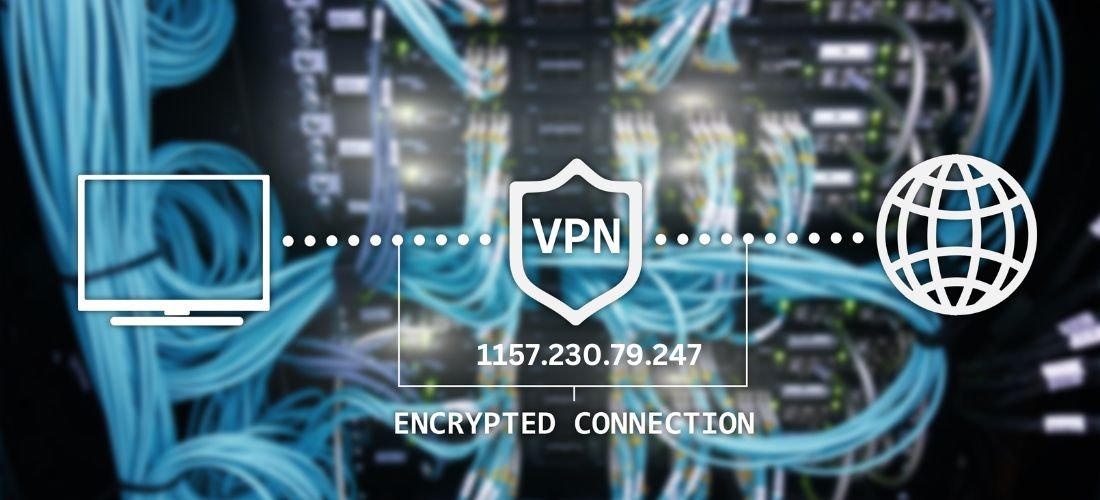In today’s digital world, understanding IP addresses is crucial for various aspects of internet usage and cybersecurity. One such IP address that may pique interest is 1157.230.79.247. This guide will explore what an IP address is, the significance of 1157.230.79.247, and how it fits into the broader context of networking and cybersecurity.
What is an IP Address?
An Internet Protocol (IP) address is a unique string of numbers separated by periods (IPv4) or colons (IPv6) that identifies each device connected to a network. It functions similarly to a postal address, directing internet traffic to the correct location.
Types of IP Addresses
- IPv4 Addresses: The most common format, using four sets of numbers (e.g., 192.168.1.1).
- IPv6 Addresses: A newer format with longer strings to accommodate more devices (e.g., 2001:0db8:85a3:0000:0000:8a2e:0370:7334).
What is 1157.230.79.247?
1157.230.79.247 is not a valid IP address because the format does not adhere to the standard IP address conventions. In IPv4, each of the four octets in an IP address must be a number between 0 and 255. The first octet in 1157.230.79.247 (1157) exceeds this range, making the address invalid. This likely indicates a typographical error or misinterpretation of a legitimate IP address, which should be within the valid range, such as 192.168.1.1 or 203.0.113.76.
Read Also: What is 37.221.162.250? | Chicago Sky vs New York Liberty Stats
Analysis of the IP Format
The IP address 1157.230.79.247 appears unusual. IP addresses are typically formatted as four octets ranging from 0 to 255, meaning that 1157 is out of the standard range. This suggests that the IP address might be incorrectly noted or misinterpreted.
Possible Explanations
- Typographical Error: It’s possible that 1157 is a typo or formatting error. Correct IP addresses should be in the range of 0-255 for each octet.
- Private or Reserved IP Address: Sometimes addresses are reserved for specific purposes and may not conform to general public IP formats.
Dynamic vs. Static IP Addresses
- Dynamic IP Addresses: Assigned by a DHCP server, these addresses change periodically.
- Static IP Addresses: Manually set and remain constant, often used for servers and networked devices requiring a fixed address.
IP Address Allocation
IP address allocation refers to the process of assigning IP addresses to devices on a network. This is crucial for establishing communication between devices over the internet or within a local network. Here’s a brief overview:
- Managed by IANA: The Internet Assigned Numbers Authority (IANA) oversees the global allocation of IP addresses. It distributes large blocks of IP addresses to regional registries.
- Regional Registries: These registries, such as ARIN (North America), RIPE NCC (Europe), and APNIC (Asia-Pacific), further allocate IP addresses to internet service providers (ISPs) and large organizations.
- ISPs and Organizations: ISPs and organizations receive blocks of IP addresses from regional registries and assign them to individual devices and networks. They manage this allocation either manually or through automated systems.
- Dynamic vs. Static Allocation: IP addresses can be allocated dynamically (changing over time, assigned by DHCP) or statically (fixed, manually assigned).
- Private vs. Public Addresses: Private IP addresses are used within local networks and are not routable on the internet, while public IP addresses are unique and used for internet communication.
This allocation system ensures that IP addresses are used efficiently and that devices can communicate reliably across networks.
Importance of Understanding IP Addresses
Network Security
Knowledge of IP addresses is crucial for network security. Understanding how IPs are allocated and used helps in:
- Identifying Potential Threats: Suspicious IP activity can indicate security breaches.
- Managing Network Traffic: Proper IP management ensures efficient data routing and network stability.
Troubleshooting Network Issues
When network issues arise, troubleshooting is essential to restore connectivity and performance. Here’s a brief overview of the steps involved:
- Check Physical Connections: Ensure all cables and hardware are properly connected. Loose or damaged cables can disrupt network connectivity.
- Restart Devices: Reboot your modem, router, and affected devices. This can resolve temporary glitches and refresh network settings.
- Verify Network Settings: Check the IP configuration, ensuring devices are set to obtain IP addresses automatically if using DHCP. Verify DNS settings and ensure there are no conflicts.
- Test Connectivity: Use tools like ping and tracert to test network connections and identify where the issue might be occurring.
- Update Firmware and Drivers: Ensure your router’s firmware and network adapter drivers are up-to-date, as outdated software can cause connectivity issues.
- Check for Interference: Look for potential sources of interference, such as other wireless devices or physical obstructions that might affect the network signal.
- Consult Network Logs: Review network logs for errors or unusual activity that could indicate underlying problems.
- Contact Support: If you’re unable to resolve the issue, contact your internet service provider or network administrator for further assistance.
By systematically following these steps, you can diagnose and fix common network issues efficiently.
Conclusion
In summary, while the IP address 1157.230.79.247 is likely an error or misinterpretation, understanding the fundamentals of IP addresses is essential. Whether for managing network traffic, enhancing security, or troubleshooting issues, IP addresses play a crucial role in the digital landscape.
Read Also: 0800 761 3372 | Liga MX Stats 2024
FAQs
What should I do if I encounter an unusual IP address like 1157.230.79.247?
Verify the IP address format. If it’s not within the standard range, it may be a typographical error or a reserved IP.
How can I check the validity of an IP address?
Use IP validation tools or online IP checkers to verify if an IP address is valid and properly formatted.
What is the difference between dynamic and static IP addresses?
Dynamic IPs change periodically and are managed by a DHCP server, while static IPs remain constant and are manually set.
Why is IP address management important for network security?
Proper IP management helps in identifying potential threats and ensuring efficient data routing, contributing to overall network security.
How can I troubleshoot IP address-related network issues?
Use network diagnostic tools to trace the IP address, check for misconfigurations, and ensure correct IP allocation.










